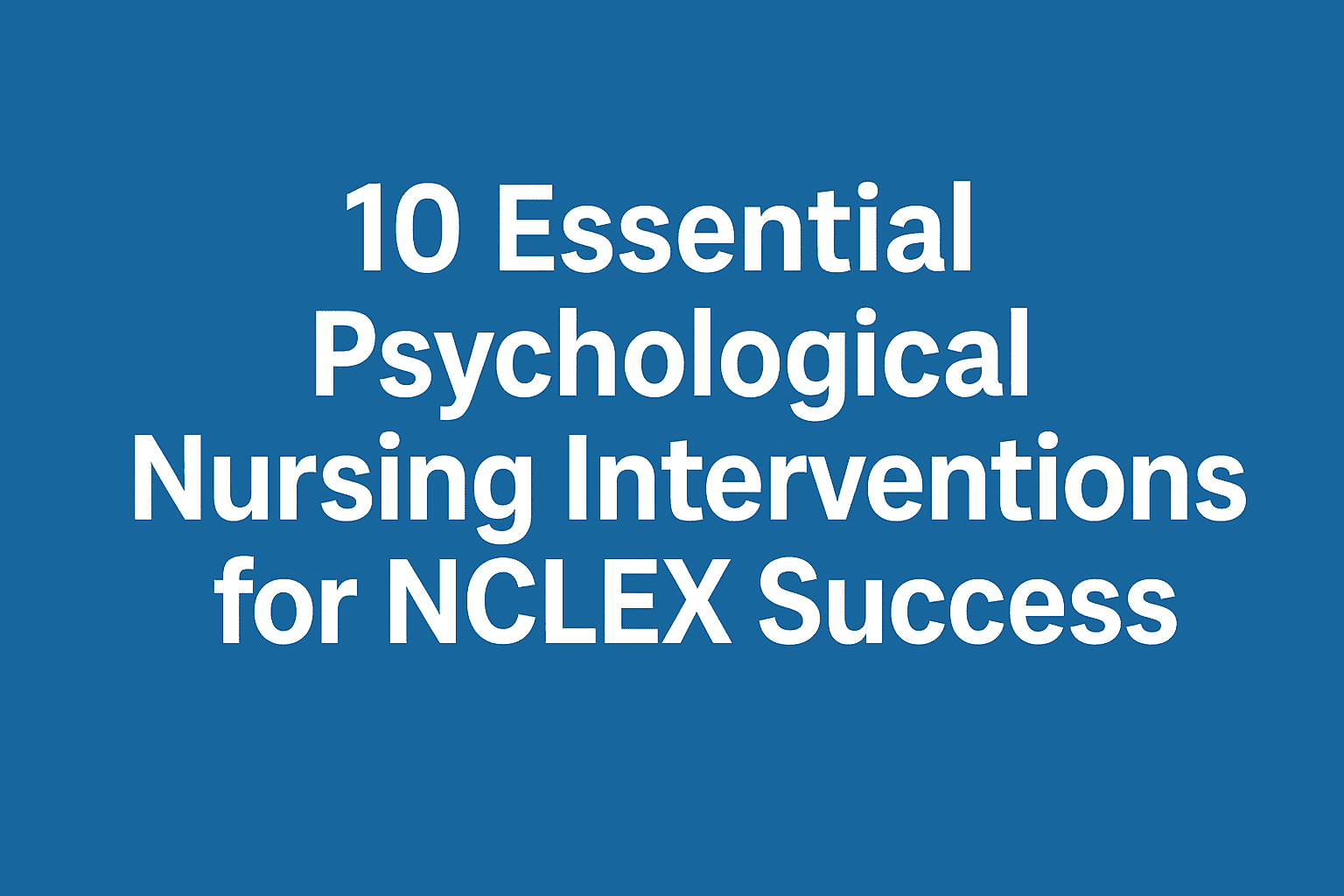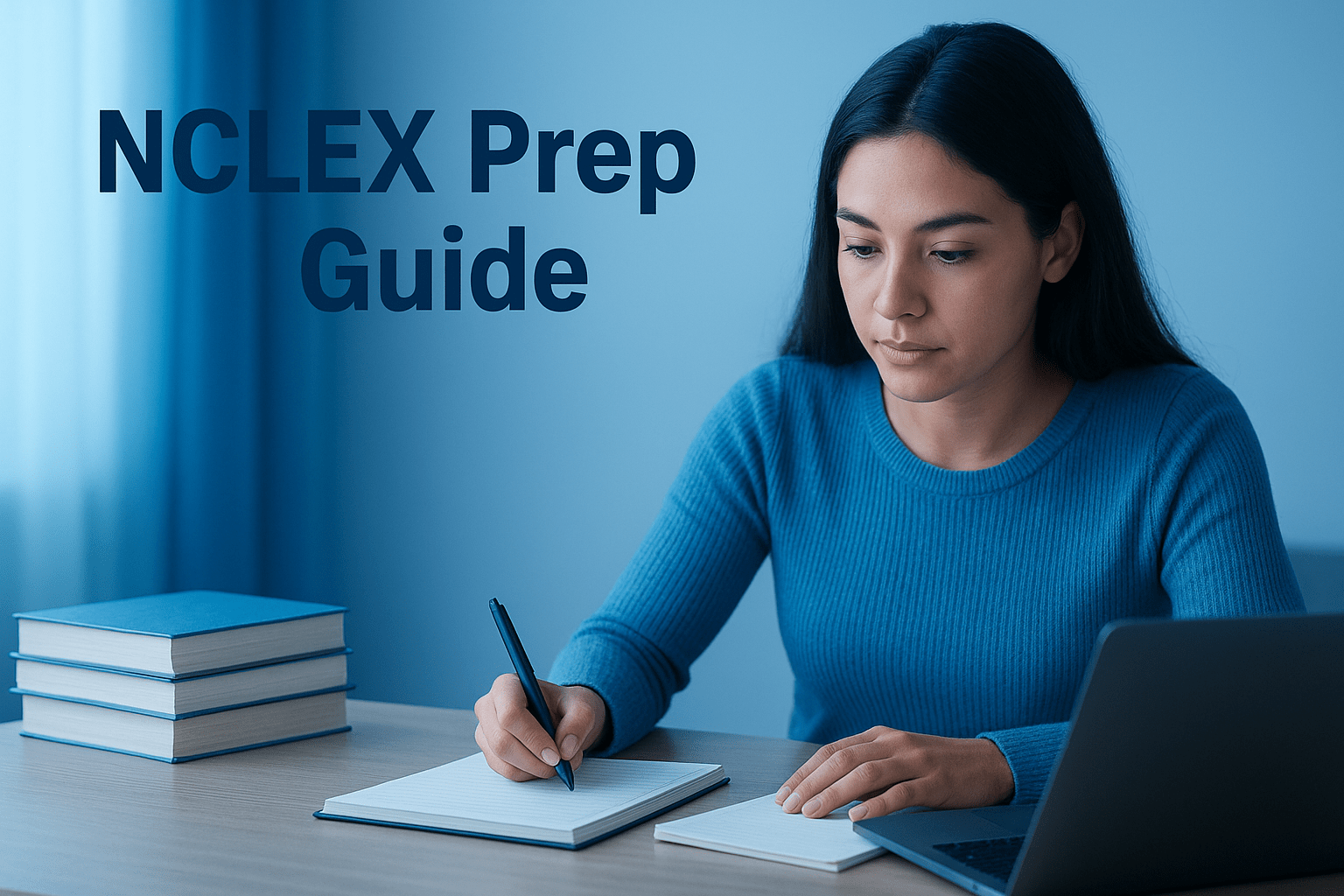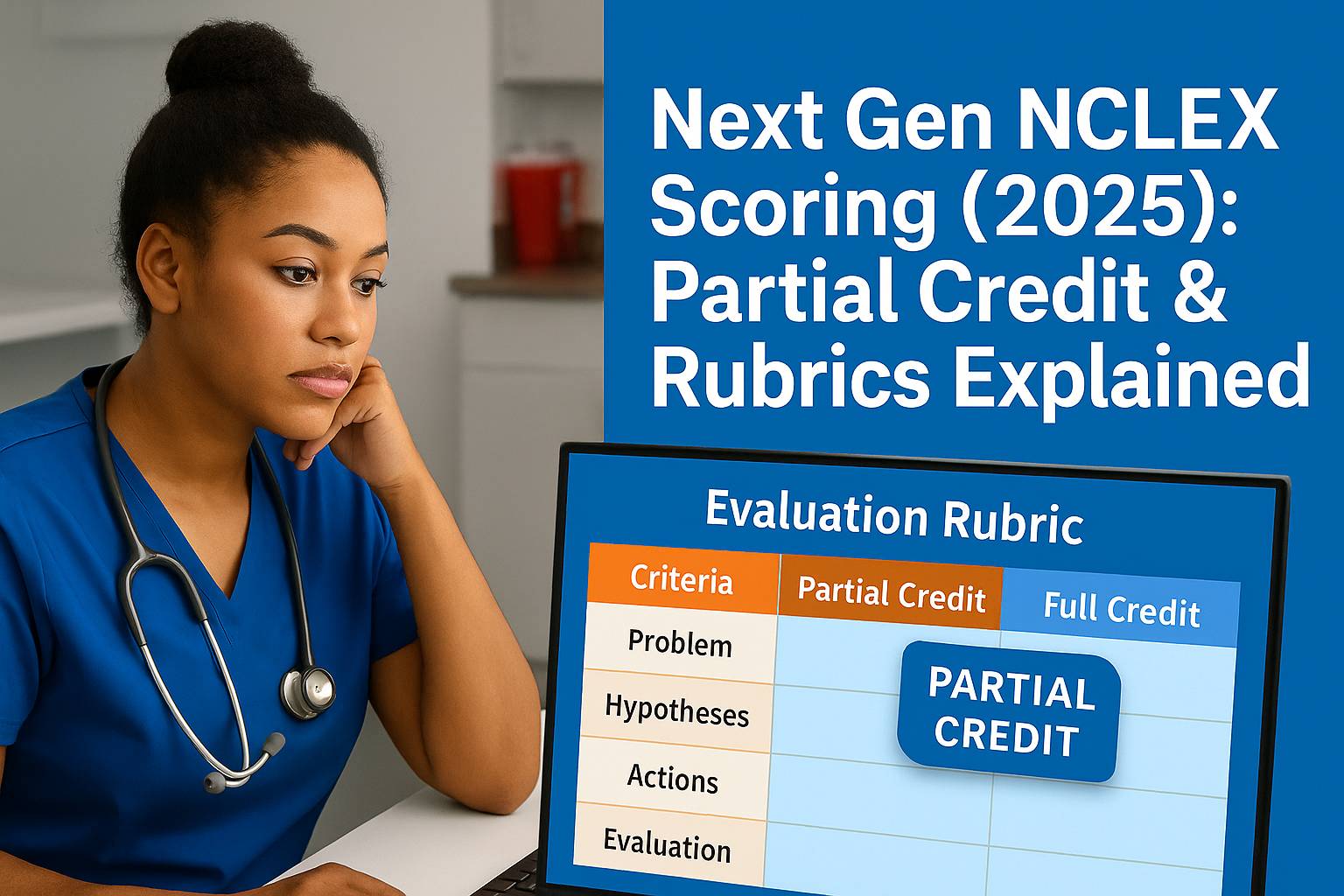Master the most critical psychological nursing interventions tested on NCLEX-RN and NCLEX-PN. This guide covers therapeutic communication techniques and crisis strategies you need to pass the Psychosocial Integrity section.
What Are Psychological Nursing Interventions?
Psychological nursing interventions are therapeutic techniques nurses use to support mental health and promote patient recovery. These nursing interventions are essential for the NCLEX Psychosocial Integrity category and critical for psychiatric nursing practice.
NCLEX Focus Area: Psychosocial Integrity (tested on both NCLEX-RN and NCLEX-PN)
Why These Matter for NCLEX
Psychological nursing interventions appear throughout the NCLEX exam. Questions test your ability to:
- Choose the best first action
- Use therapeutic phrasing
- Follow safety protocols
- Stay within your scope of practice
Strong communication skills reduce risk, build trust, and support recovery.
1. Active Listening
What It Is
Active listening is a core psychological nursing intervention. You focus on what the patient says and how they say it. This builds trust and encourages patients to open up.
How to Do It
- Keep eye contact and use open body language
- Repeat back what you hear: "You're worried about…"
- Let silence happen. Don't interrupt
- Watch for body language clues
NCLEX Tip
When a question asks for the best first response, choose listening over giving advice. Active listening is often the safest first psychological nursing intervention.
Learn more: Therapeutic communication techniques | Mental health nursing basics
2. Therapeutic Communication
What It Is
Therapeutic communication is a purposeful psychological nursing intervention. You use empathy and careful words to help patients understand their feelings and cope better.
How to Do It
- Ask open questions: "How are you managing right now?"
- Name the feeling: "That sounds overwhelming"
- Don't ask "why" questions
- Avoid clichés and false hope
- Stay neutral and non-judgmental
NCLEX Tip
Choose answers that explore feelings or ask for more information. These psychological nursing interventions are safer than giving advice or making judgments.
Study: ANA therapeutic communication standards | Practice therapeutic responses
3. Crisis Intervention
What It Is
Crisis intervention is an emergency psychological nursing intervention. You provide short-term, focused care during acute psychiatric crises like suicidal thoughts or severe panic.
How to Do It
- Check safety first: Is the patient at risk of suicide or violence?
- Stay calm. Use simple, clear sentences
- Remove anything the patient could use to self-harm
- Get help from the psychiatric team right away
- Stay with high-risk patients (constant observation)
NCLEX Tip
When safety is at risk, protecting life is your priority. Choose psychological nursing interventions that remove danger, provide observation, and notify the provider immediately.
Essential reading: Suicide assessment protocols | Crisis de-escalation techniques
4. Cognitive Behavioral Techniques
What It Is
CBT-informed psychological nursing interventions help patients spot distorted thinking. Then you guide them toward balanced thoughts and helpful behaviors.
How to Do It
- Point out black-and-white thinking
- Point out catastrophic thinking (worst-case scenarios)
- Ask: "What evidence supports this thought?"
- Use thought journals
- Give small homework tasks
NCLEX Tip
Choose gentle psychological nursing interventions that help patients think realistically. Don't argue or contradict directly.
Explore: CBT nursing applications | Cognitive distortion examples
5. Psychoeducation
What It Is
Psychoeducation is a teaching-based psychological nursing intervention. You explain conditions, medications, and coping strategies clearly so patients can follow their treatment plan.
How to Do It
- Use simple words
- Break information into small steps
- Cover: medication name, purpose, side effects, when to call for help
- Use teach-back: "Can you tell me how you'll take this?"
- Give written handouts
- Consider the patient's culture and reading level
NCLEX Tip
Good psychoeducation psychological nursing interventions are specific, easy to read, and tell patients exactly what to do.
Resources: Patient education best practices | Med teaching templates
6. Mindfulness and Relaxation
What It Is
These psychological nursing interventions reduce anxiety without medication. They calm the body and help patients manage emotions.
How to Do It
- Teach box breathing: breathe in for 4, hold for 4, breathe out for 4, hold for 4
- Guide muscle relaxation: tense and relax from toes to head
- Suggest 5-10 minutes of daily practice
- Use before stressful events
NCLEX Tip
When there's no immediate danger, non-medication psychological nursing interventions are often the safest first choice for anxiety.
Learn techniques: Mindfulness-based stress reduction | Relaxation scripts
7. Supportive Counseling
What It Is
Supportive counseling is a validation-based psychological nursing intervention. You acknowledge feelings and encourage existing strengths to help patients cope.
How to Do It
- Tell patients their feelings are normal
- Point out their strengths and past successes
- Set small, realistic goals for the next day or two
- Follow up and provide consistent support
NCLEX Tip
Always validate feelings first. Then explore options. Problem-solving psychological nursing interventions come after validation.
Study: Supportive therapy techniques | Strength-based approaches
8. Behavioral Activation
What It Is
Behavioral activation is an action-focused psychological nursing intervention. It helps depressed patients slowly return to activities they enjoy. This fights withdrawal and hopelessness.
How to Do It
- Make a list of pleasant, easy activities
- Start small: 5-10 minutes
- Schedule activities every day
- Track mood before and after
- Slowly add more activities
NCLEX Tip
Choose psychological nursing interventions that increase activity and celebrate small wins in depression care.
Evidence base: Behavioral activation research | Depression interventions
9. Developing Coping Strategies
What It Is
This psychological nursing intervention creates a personalized toolkit for managing stress and crisis.
How to Do It
- Ask what worked in the past
- Add new tools: exercise, art, journaling
- Teach grounding (5-4-3-2-1: name 5 things you see, 4 you hear, 3 you touch, 2 you smell, 1 you taste)
- Write a crisis plan with phone numbers and steps
- Practice using strategies together
NCLEX Tip
Choose healthy psychological nursing interventions. Avoid answers that suggest drugs, alcohol, avoidance, or isolation.
Tools: Coping skills inventory | Grounding techniques
10. Referral to Support Groups
What It Is
Support group referral is a community-based psychological nursing intervention. You connect patients with peer support to build skills and maintain hope.
How to Do It
- Share trusted local or online support groups
- Match by diagnosis or life stage when possible
- Explain benefits: shared experience, practical advice, less isolation
- Check in about attendance
- Document the referral
NCLEX Tip
After using other psychological nursing interventions to stabilize the patient, community resources are often the next best step.
Find groups: NAMI support programs | Mental Health America resources | Practice referral questions
Quick Decision Framework for Psychological Nursing Interventions
Use these five steps to pick the safest psychological nursing intervention:
1. Check Safety
- Suicide risk
- Homicide risk
- Hearing voices that command harm
- Severe drug or alcohol withdrawal
- Violence risk
2. Use Therapeutic Stance
- Acknowledge feelings
- Reflect what you hear
- Explore meaning
- Don't confront or give advice first
3. Apply Clinical Frameworks
- ABCs (Airway, Breathing, Circulation)
- Safety first
- Legal and ethical rules
- Assess before you intervene
4. Use Therapeutic Language
- Ask open questions
- Stay non-judgmental
- Be culturally sensitive
- Avoid medical jargon
5. Document Everything
- What the patient did (be specific)
- Which psychological nursing intervention you used
- How the patient responded
- Your follow-up plan
Master Psychological Nursing Interventions with Nurseclex
What You Get
- Hundreds of mental health NCLEX questions with detailed explanations
- Mini-cases for practicing psychological nursing interventions
- Printable scripts for mindfulness, CBT, and de-escalation
- Adaptive CAT simulation targeting Psychosocial Integrity
- Downloadable cheat sheets for quick review
Start practicing: Question Bank (search "psych") • CAT Simulation • Cheat Sheets
Bottom Line
Mastering these ten psychological nursing interventions helps you provide safe psychiatric care and pass NCLEX Psychosocial Integrity questions. These evidence-based psychological nursing interventions are the foundation of mental health nursing.
Remember
- Psychological nursing interventions prioritize safety and therapeutic communication
- Practice these psychological nursing interventions daily with NCLEX-style questions
- Use the five-step framework to pick the right psychological nursing intervention
- Keep your language therapeutic and culturally sensitive
- Document all psychological nursing interventions and results
Keep learning: Visit Nurseclex.com for more nursing content, practice questions, and NCLEX strategies.







